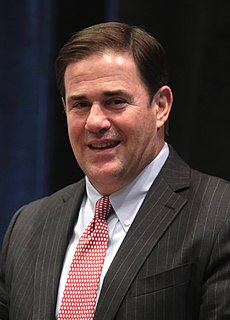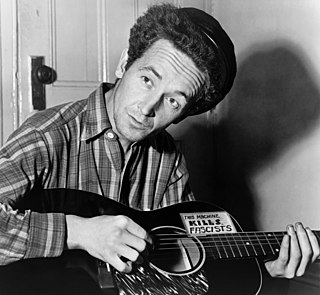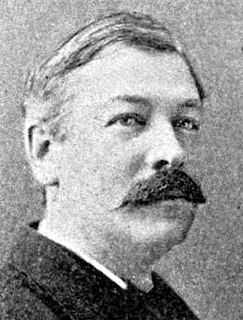A Quote by Thabo Mbeki
Historically during the years of the White minority regimes, the State, the national Government held this land in trust for these communities. We said, but no, why should we do that ( return the land to the communities). We didn't say return the land to particular traditional leaders, but to the communities.
Related Quotes
This is community land that belongs to particular clans, and therefore, it must go back and its administration and the determination as to what to do, must rest in the hand of the communities. That is why you have these committees, among whose members, of course, they will be traditional leaders. You will have these collectives, which must then deal with the land, the issue of communal rights.
The question arose, how would the communities manage this land on their own. That's why the Communal Land Rights Bill then borrows an institution that is set up in terms of the role and function and powers of the institutional traditional leadership ( borrows that committee and uses that committee).
Here, in the Land of Israel, we returned and built a nation. Here, in the Land of Israel, we established a State. The Land of the prophets, which bequeathed to the world the values of morality, law and justice, was after two thousand years, restored to its lawful owner - the members of the Jewish People, On its Land, we have built an exceptional national Home and State.
Latino actors and actresses have had to struggle for decades, but when I came around with Real Women Have Curves, attitudes were starting to change. We screened the film all over the world - in Jewish communities, black communities, Greek communities, German communities - and people across the board said, "That's my family."
Writers in the nineteenth century - people like George Eliot and Flaubert - were accustomed to addressing particular communities with which they shared not only linguistic meanings but also an experience and history. Those communities have progressively split in the twentieth century, and grown more heterogeneous, and writers emerging from minority communities have found themselves addressing audiences closer to their experience and history - a phenomenon derided by conservative white men as identity politics and multiculturalism in the arts.
As I went walking I saw a sign there And on the sign it said "No Trespassing." But on the other side it didn't say nothing, That side was made for you and me. This land is your land, this land is my land From California to the New York island From the Redwood forest to the Gulf Stream waters This land was made for you and me.








































